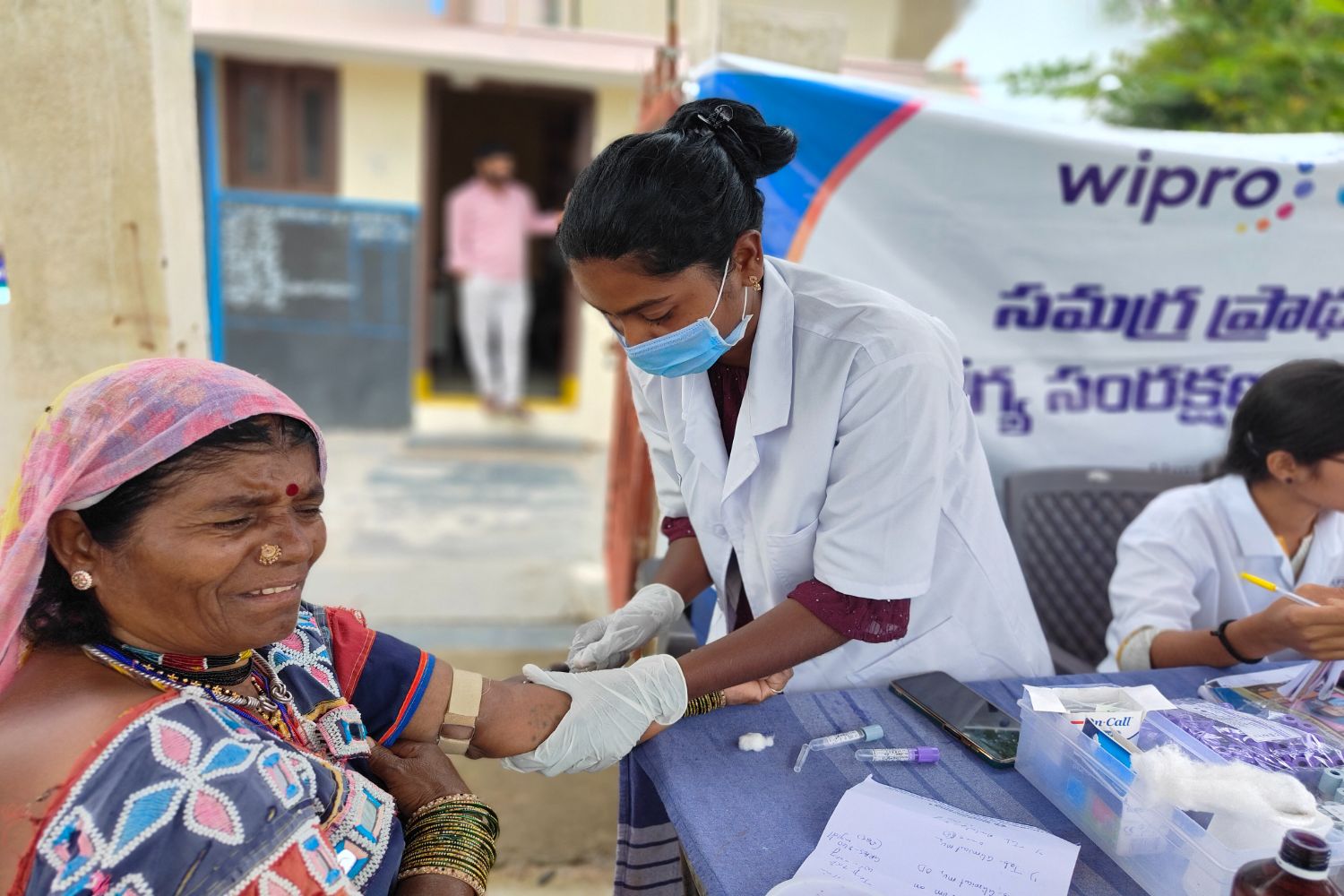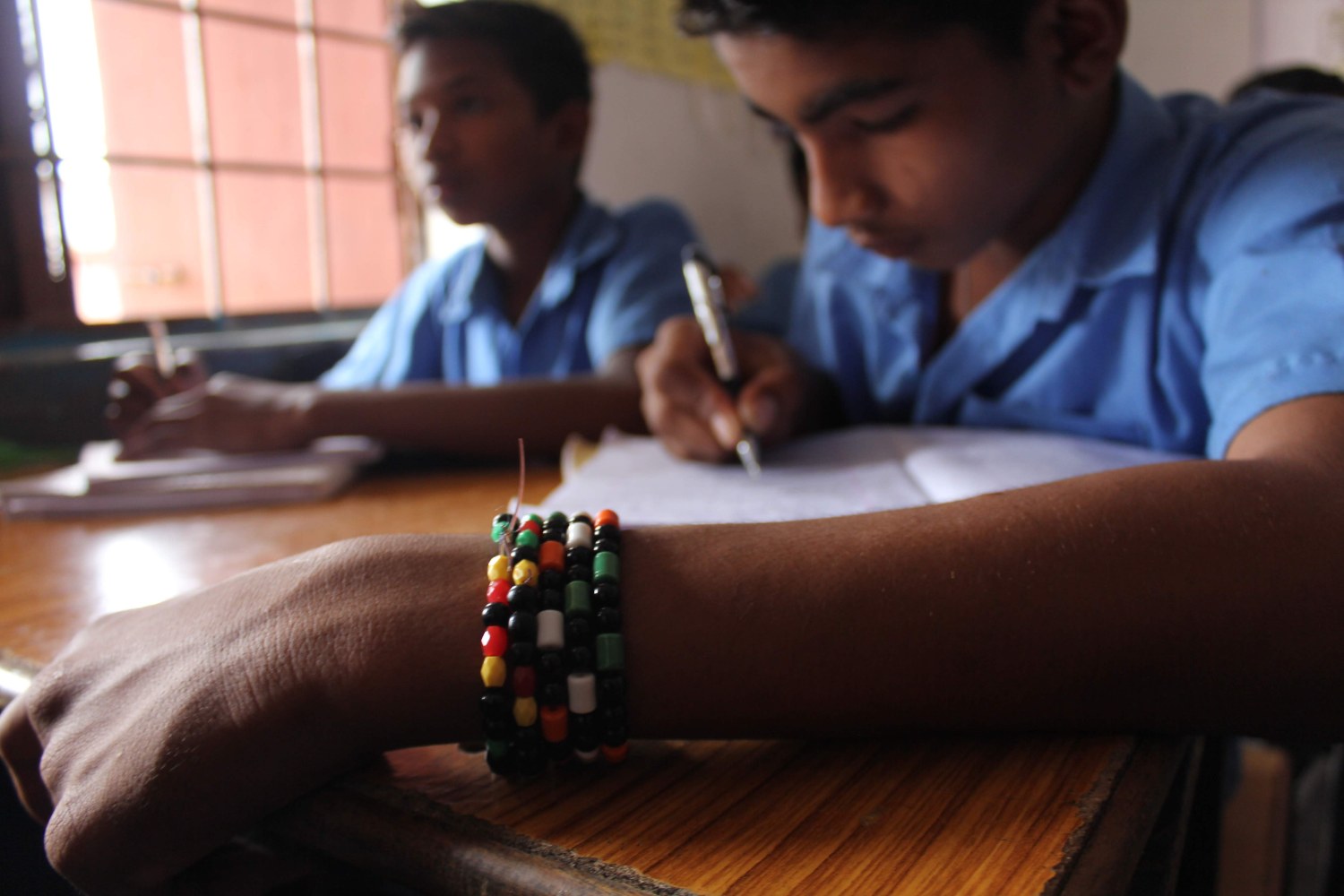Nurses are central to effective and empathetic primary healthcare systems
On 12th May, the world celebrated International Nurses Day. This day marks the birth anniversary of Florence Nightingale. This pioneer of modern nursing is well-known for her efforts to improve the conditions of British army hospitals and care for injured soldiers during the Crimean War. International Nurses Day commemorates the fact that nurses are the […]

On 12th May, the world celebrated International Nurses Day. This day marks the birth anniversary of Florence Nightingale. This pioneer of modern nursing is well-known for her efforts to improve the conditions of British army hospitals and care for injured soldiers during the Crimean War.
International Nurses Day commemorates the fact that nurses are the backbone of healthcare systems. It also opens our eyes to the stark reality of the societal undervaluation they often face. Hence, it is important to reflect on the critical role of nurses in providing dignified care. This is especially so in settings of primary healthcare.
Primary care is about bringing healthcare closer to where people live and work. It is the first point of care for individuals within a health system. Hence, it encompasses multiple aspects of care spanning from health promotion, prevention, and treatment to rehabilitation.
Nurses have critical clinical skills and compassion for the community. They are, thus, well-positioned to function as the frontline providers of holistic care [i].
At the frontlines, nurses are an essential pillar of primary health systems. They are well-equipped to understand the healthcare challenges and deliver services.
A substantial and increasing body of rigorous evidence highlights the significant contributions of nurses to high-quality primary care. A review[ii] found that Advanced Practice Nurses (APNs) in primary care settings achieve positive clinical outcomes and maintain high patient satisfaction.
They also demonstrate strong adherence to guidelines, provide thorough education, and potentially reduce overall visits. The research also suggests that nurse care demonstrates high quality and efficiency. It may be delivered at an equal or lower cost. A review[iii] of the literature further highlights significant cost savings associated with increased utilization of nurse practitioners.
The conversation around healthcare expertise often overlooks the vast contributions of nurses. Their role extends far beyond simply assisting.
Nurses bring a unique set of skills essential to patient care. It is time we recognize their knowledge and expertise and see them as partners and leaders in healthcare.
A 2020 study[iv] focusing on nurse-led clinics in south Rajasthan found that primary care nurses managed a significant proportion of reproductive and child health conditions. Visiting physicians managed most of the noncommunicable diseases.
This collaborative approach between the healthcare providers ensures that healthcare services are more accessible. It also helps in meeting the diverse health needs of the population in a prompt and effective manner.
With the skewed distribution of healthcare professionals, more so in rural areas, empowering nurses allows for more comprehensive patient care. When mandated, skilled, and supported, PHC nurses can meet the complex health needs of rural and tribal populations effectively. They are likely to promote equitable access to healthcare, by extending care to women and children.
Despite the valuable services and contributions they offer, nurses remain overlooked and unappreciated. One of the most significant challenges hindering the profession’s growth is rooted in gender bias and stereotypes.
The perception of nursing as ‘women’s work’ persists. It obscures the demanding skillset it truly requires. Most nurses are women. Discrimination thrives in the form of low pay scales, poor working conditions, lack of opportunities for career growth, lower status in the healthcare hierarchy, and maltreatment by colleagues and patients.
The current policy paradigm in India considers some of these issues. Indian Nursing Council has made efforts to improve the skills and status of our nursing professionals. Some of these measures involve updating the curriculum, promoting innovative educational models, and partnering with the International Council of Nurses (ICN)[v]. The National Medical Commission Act also recognizes the role of nurses in providing comprehensive primary care in rural areas. However, for nurses to play this role optimally, they need to be mandated, skilled and supported.
In the spirit of International Nurses Day, let us pledge to highlight and celebrate the stories of our nurses and to address the barriers that inhibit their full potential. We need to do this for the nurses themselves, and for the communities they serve.
References
- https://www.thelancet.com/journals/lancet/article/ PIIS0140-6736(19)32794-1/fulltext#:~:text=Nurses%20 and%20midwives%20make%20up,for%20their%20 health%2Dcare%20needs.
- https://academic.oup.com/intqhc/ article/27/5/396/2357352
- https://pubmed.ncbi.nlm.nih.gov/20439877/
- https://www.frontiersin.org/journals/public-health/
- https://www.financialexpress.com/healthcare/news-healthcare/our-nurses-our-future-the-economic-power-of-care/3485026/




No approved comments yet. Be the first to comment!